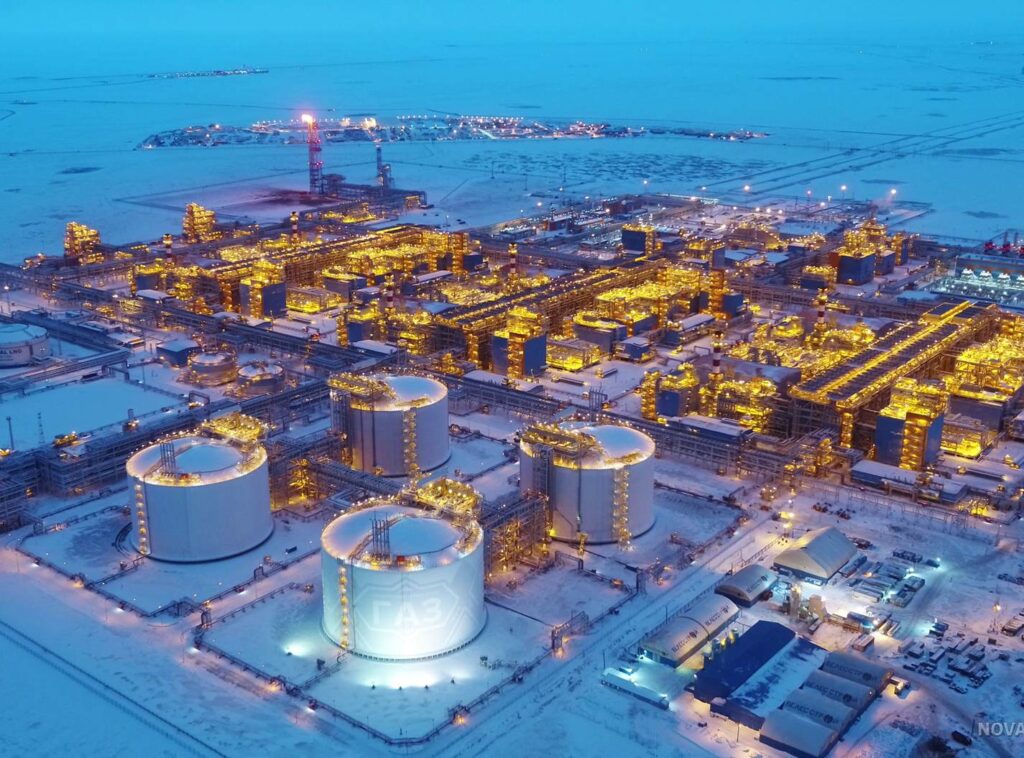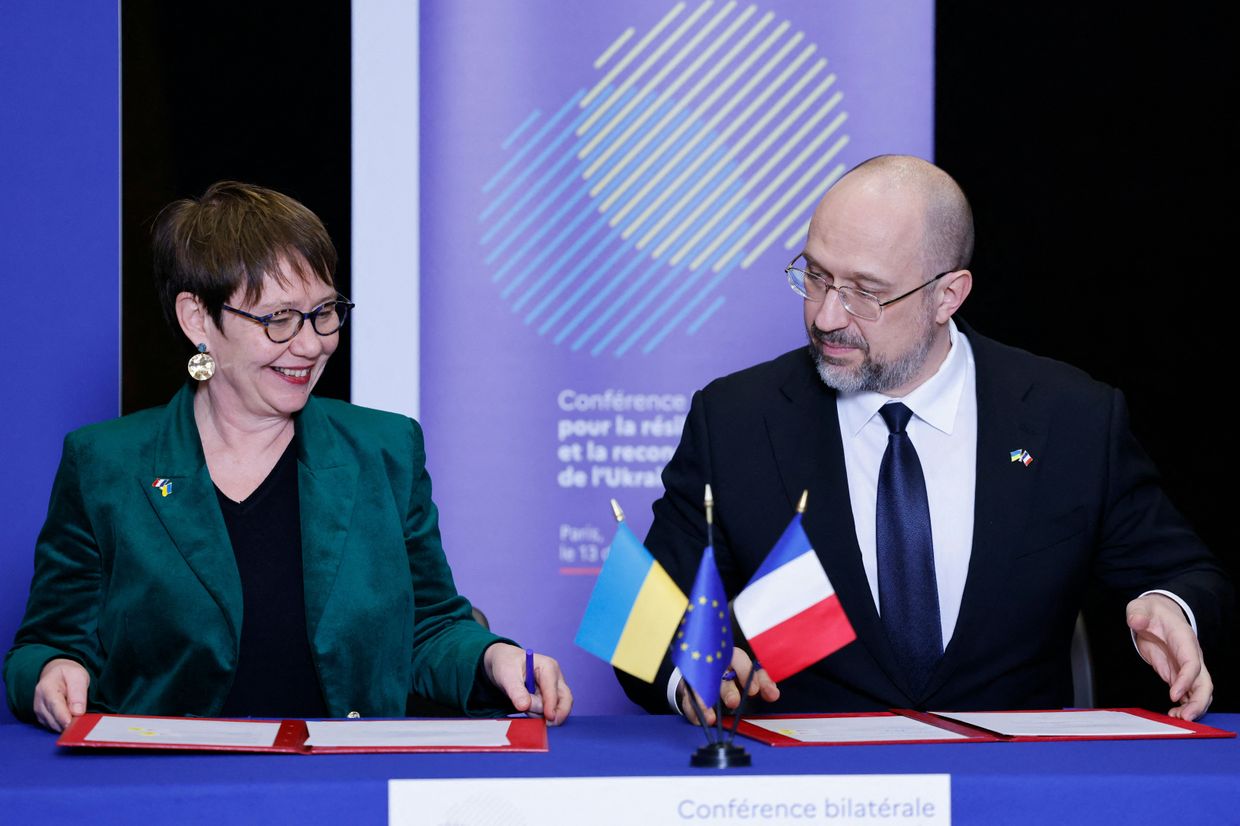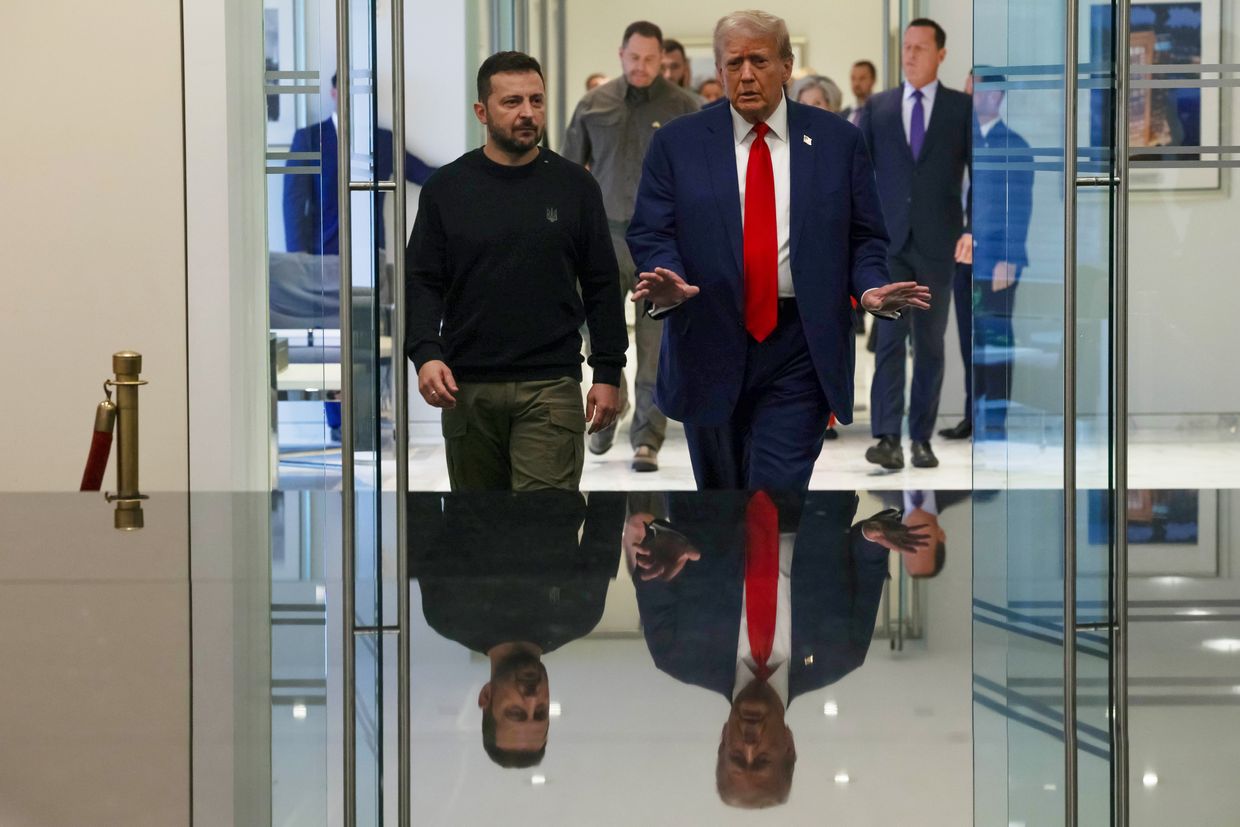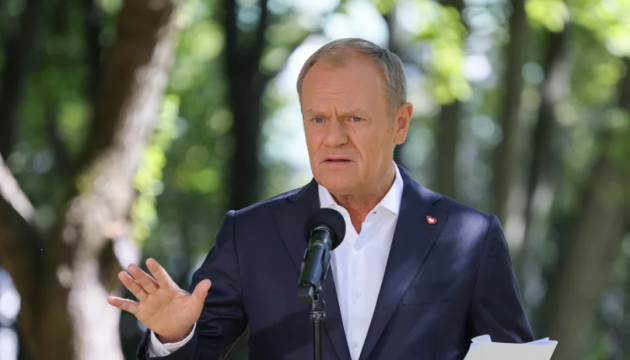As Trump threatens sanctions on buyers of Russian oil, India prepares to switch suppliers to avoid fallout

Oil Minister Hardeep Singh Puri says India is ready to meet its oil needs from alternative sources if Russia’s supplies are affected by secondary sanctions, Reuters reports.
Currently, Russia remains India’s main oil supplier, accounting for about 35% of total imports, but the country is actively seeking new sources, including Guyana, Brazil, and Canada. Moscow’s energy export remains its leading source of profits, which it uses to fund its war against Ukraine.
US President Donald Trump has recently warned that countries continuing to buy Russian oil could face 100% tariffs if Moscow does not agree to a peace deal with Ukraine within 50 days. NATO Secretary General Mark Rutte has also stated that due to the new economic measures, countries, including India, could suffer losses if continue business with Mooscow.
At the same time, India emphasizes energy security as a priority and says it will make decisions based on market conditions. The head of the Indian Oil Corporation, A.S. Sahni, has stated that if Russian supplies are restricted, the company will revert to traditional import schemes used before the war in Ukraine, when Moscow’s export was lower than 2%.
So far, some large private refineries, such as Reliance Industries and Nayara Energy, continue to purchase significant volumes of Russian oil, which led to an increase in imports from Russia in the first half of 2025.
Despite the restrictions the West has already imposed on Moscow, the Kremlin continues to use its “shadow” fleet. It includes a large group of oil tankers, many of which are old and poorly maintained.
Earlier, Ukraine’s Defense Intelligence said a powerful explosion occurred in the engine room of Russia’s Vilamoura tanker on 27 June, while it was en route from the Libyan port of Es-Zuwaytina.
It was located about 150 km northeast of Libya’s territorial waters and was carrying approximately 1 million barrels of crude oil. The tanker sailed under the Marshall Islands flag.



